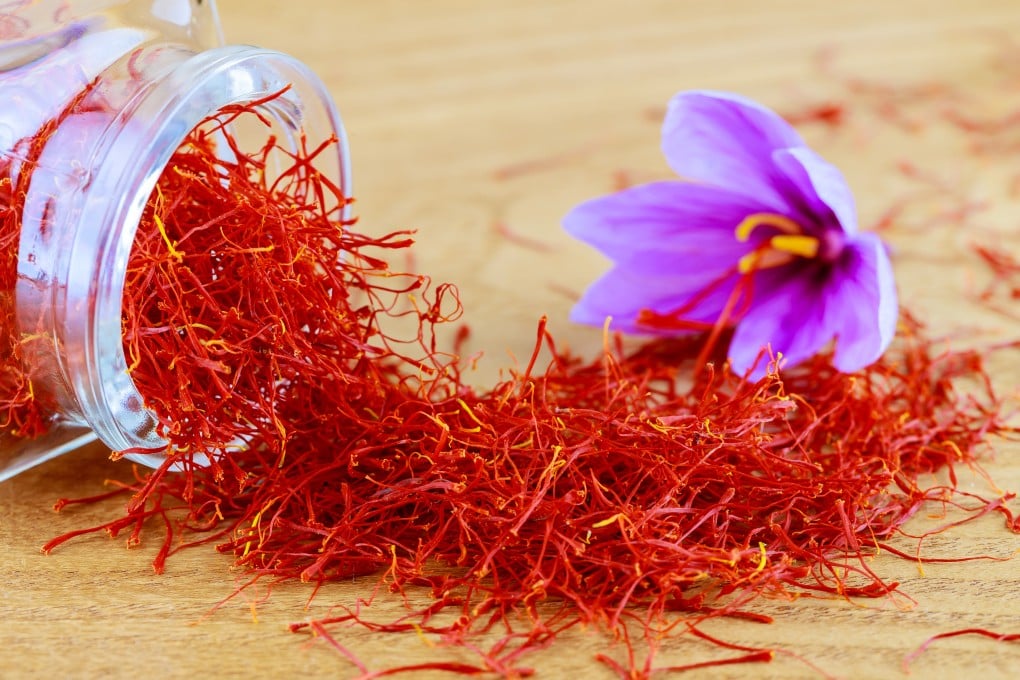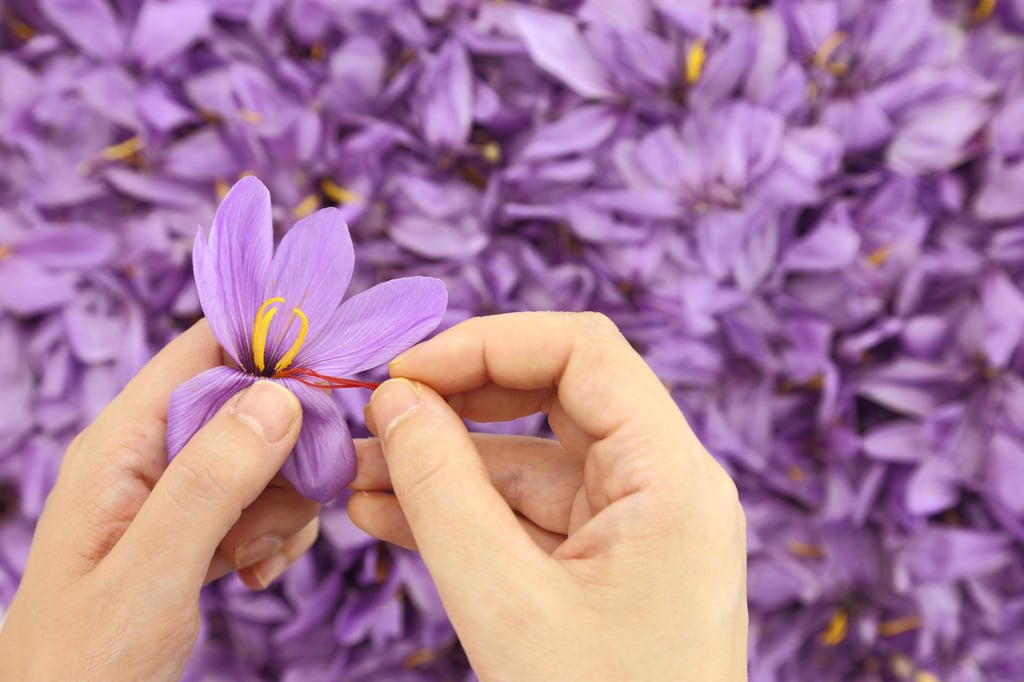Advertisement
Saffron, world’s most expensive spice, has multiple health benefits – it fights diabetes, boosts memory, mood and immunity, and is good for skin
- Experts reveal why saffron is much more than a fancy food flavouring; the pricey spice has featured in Ayurveda – traditional Indian medicine – for centuries
- A superfood, it promotes heart health, is known to protect against disease and help with libido and PMS, and its antioxidants make it beautifying for the skin
Reading Time:3 minutes
Why you can trust SCMP
1

Saffron, also called “sunshine spice” for its vibrant colouring, is a popular ingredient in Indian and Middle Eastern cuisine. Harvested by hand from the flower of the Crocus sativus, or autumn crocus, the spice features in many dishes, from rice pudding to curries, breads and pilafs.
The saffron grown in the northern Indian state of Kashmir is considered the finest of all, with 450g (1lb) fetching up to US$5,000.
At various points throughout history the spice has been worth more than its weight in gold. It commands such a high price in part because of the labour-intensive way it is harvested.
Advertisement
Saffron is much more than a fancy food flavouring; it has been used in health and beauty products for centuries. Leaders in ancient Greece and Rome used saffron-based perfumes and cosmetics, and its curative properties have long been touted in traditional Indian medicine, or Ayurveda, which has a 5,000-year history.

The spice features in plenty of modern beauty oils, creams and ointments, and has been scientifically proven to provide a range of health benefits.
Advertisement
Advertisement
Select Voice
Choose your listening speed
Get through articles 2x faster
1.25x
250 WPM
Slow
Average
Fast
1.25x